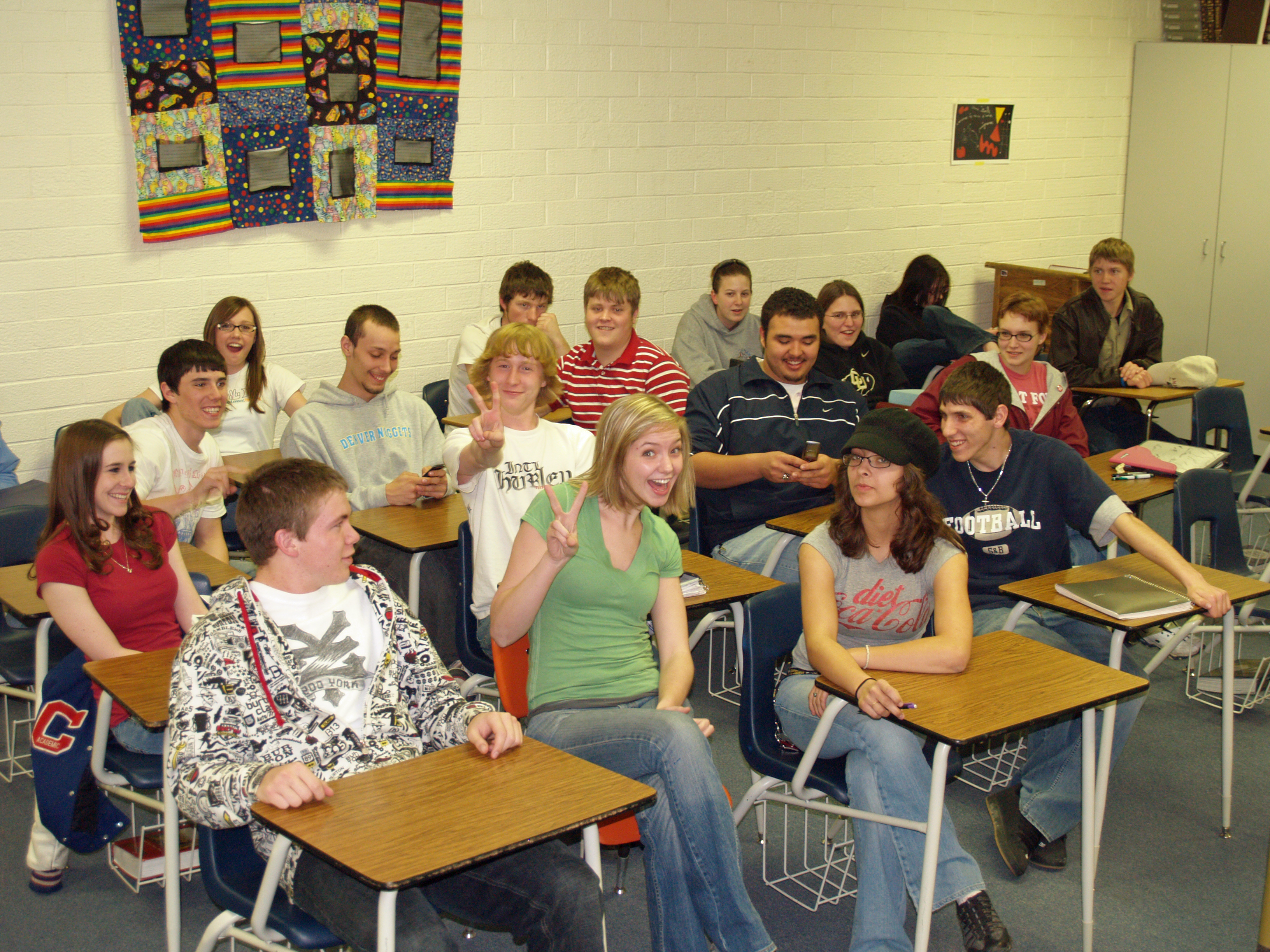"You will live on in our children's lives."
This was the parting counsel of Roger's wife in His Family before she passed away. The phrase is repeated often and gives a frame for the novel as Roger realizes how little he knew his children, though all he thought he wanted was for them to be happy. Still, Edith is a mother, Deborah, a consumed teacher, and Laura now a newlywed bouncing through Paris.
To know Deborah better he travels with her to her school, in an effort to buoy her up after losing a former student. He is shocked by the energy and pulse of the school, teeming with "foreigners." But, I think what surprises him most is the tenacity and wisdom of Deborah. She is a rock amidst the chaos of the neighborhood, cajoling children to come to school, starting a mother's club, encouraging young women to be "nice." And Roger follows her around, dazed by the rattling school and its countless endeavors at improving the life of the young.
"He reached home limp and battered from the storm of new impressions coming on top of his sleepless night. He had thought of a school as a simple place, filled with little children, mischievous at times perhaps and some with dirty faces, but still with minds and spirits clean, unsoiled as yet by contact with the grim spirit of the town. He had thought of childhood as something intimate and pure, inside his home, his family. Instead of that, in Deborah's school he had been disturbed and thrilled by the presence all around him of something wild, barbaric, dark, compounded of the city streets, of surging crowds, of rushing feet, or turmoil, filth, disease and death, of poverty and vice and crime. But Roger could still hear that band. And behind its blaring crash and din he had felt the vital throbbing of a tremendous joynessness, of gaiety, fresh hopes and reams, of leaping young emotions like deep buried bubbling springs bursting up resistlessly to renew the fevered life of the town! Deborah's big family! Everybody's children!"
In the midst of all this he saw what he had not seen before, Deborah as a mother. Edith had her five babies, Laura was campaigning against ever having one, and here was Deborah, mother and aunt and nurse to hundreds of children. Is that not motherhood?
My high school classroom is not wild nor barbaric. Neither is it what I imagined it to be either. Sometimes I come home limp and battered as well. The indolence of our youth shakes me up, and the fatigue of teaching those who express no desire to be taught drains me. And I have spent far too much time lamenting that I am in a classroom with other people's children rather than being at home with my own. This is not the script I wrote. Still, perhaps Deborah is on to something. Perhaps all the children on the world are a shared commodity. We place our own first, they are our main stewardship. But, do we ignore the rest? We are in the midst of the "Is our family complete???" conversation, and though we would love to have more children, I often wonder if our immediate family is complete, but there are countless more children God would have me care for. I might only be a Spanish teacher, but there is more that I teach. I smile at them when they come to the door. I express to them love for my husband and children. I demonstrate clean language and respect. I ask them about their lives. I share my opinions on tattoos when they ask. Perhaps I am teaching more than just Spanish. Perhaps these are also my children.

No comments:
Post a Comment